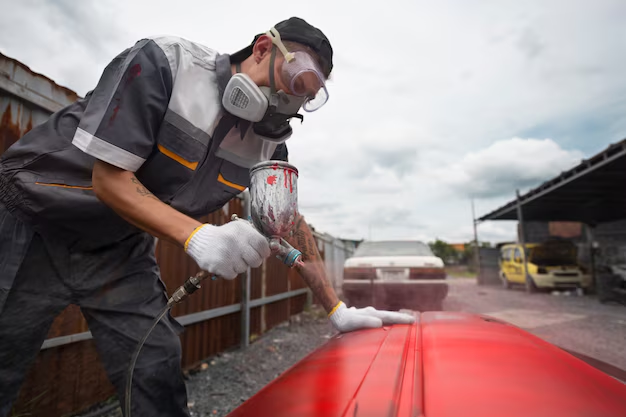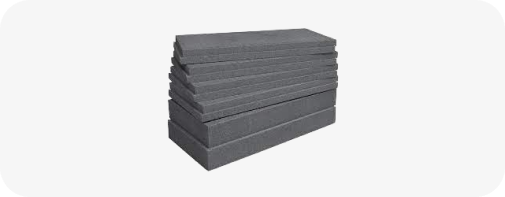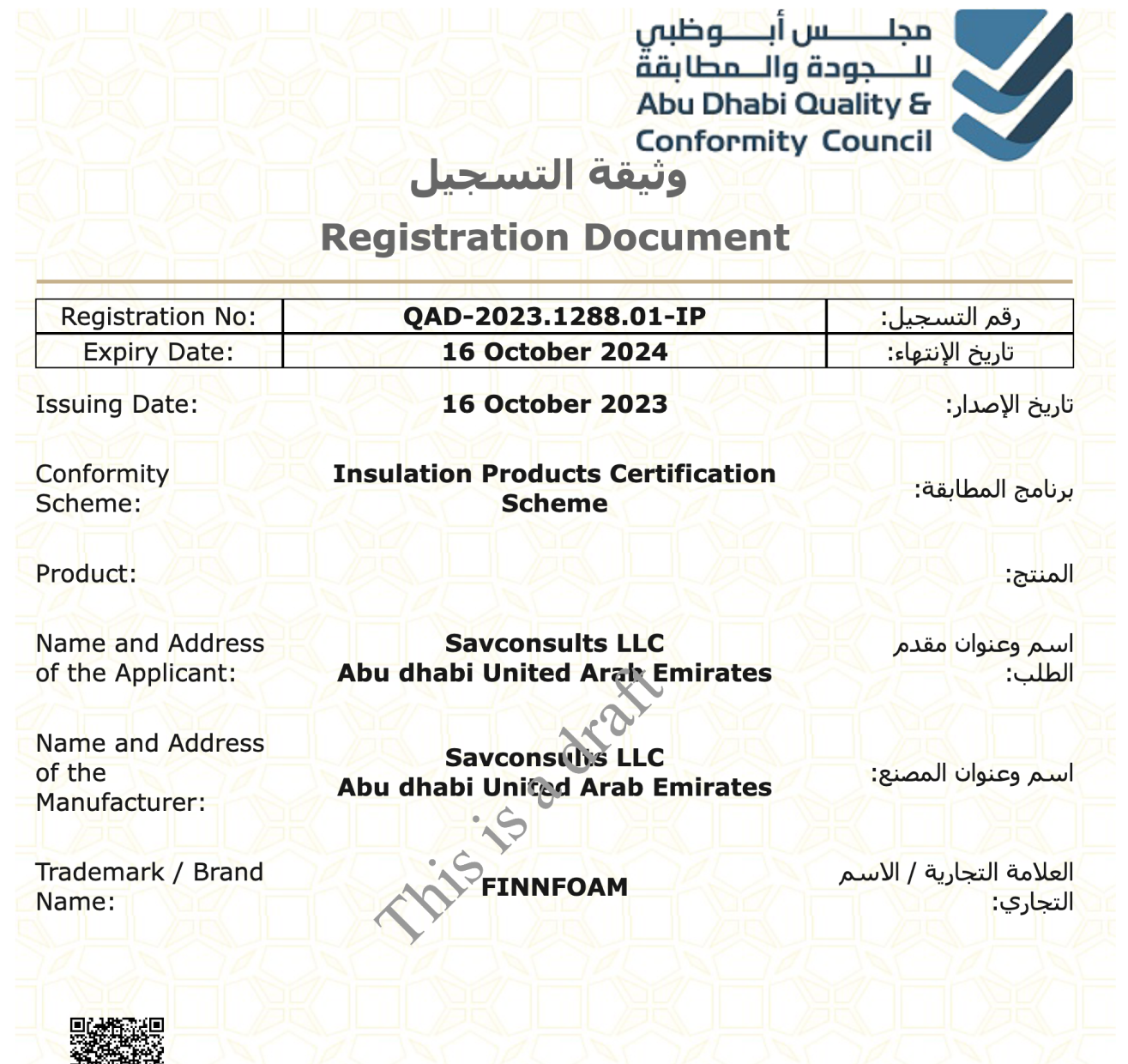Waterproofing is a vital aspect of maintaining a healthy and safe home environment. In this article, we will explore why waterproofing is necessary, its purpose, objectives, and what can happen if waterproofing is not done. By the end, you will understand the importance of waterproofing and how it protects your home from various issues.
Why Do We Need Waterproofing?

Waterproofing is essential because it helps protect our homes from water damage. Water can seep into walls, floors, and foundations, causing structural damage and health issues. Here are seven compelling reasons why it’s necessary:
1. Prevent Structural Damage
Water infiltration can weaken the structure of your home. Over time, water can erode the foundation, causing cracks and instability. Waterproofing helps to keep water out, preserving the strength and integrity of your home.
2. Avoid Mold and Mildew Growth
Moisture creates an ideal environment for mold and mildew to grow. These fungi can cause health problems, including allergies and respiratory issues. Waterproofing prevents moisture buildup, keeping mold and mildew at bay.
3. Protect Your Investment
Your home is likely one of your most significant investments. Waterproofing protects this investment by preventing water damage, which can be costly to repair. By keeping your home dry, you maintain its value and longevity.
4. Improve Indoor Air Quality
Damp and humid conditions can lead to poor indoor air quality. helps to keep the indoor environment dry and healthy, reducing the risk of respiratory problems and other health issues.
5. Prevent Pest Infestations
Water can attract pests such as termites, ants, and rodents. These pests can cause significant damage to your home. Waterproofing eliminates the moisture that attracts these unwanted guests, keeping your home pest-free.
6. Enhance Energy Efficiency
A dry home is easier to heat and cool. it’s helps to prevent heat loss through damp walls and floors, making your home more energy-efficient and reducing your utility bills.
7. Peace of Mind
Knowing that your home is protected from water damage gives you peace of mind. Waterproofing provides assurance that your home is safe, healthy, and secure.
What is the Purpose of the Waterproofing System?

The purpose of a waterproofing system is to safeguard your home from the damaging effects of water infiltration. It achieves this through several key functions, each playing a vital role in maintaining a dry, safe, and healthy living environment. Here’s an in-depth look at these functions:
Barrier Creation
One of the primary purposes of waterproofing is to create a barrier that prevents water from penetrating the structure of your home. This barrier is essential in keeping water out of walls, floors, roofs, and foundations. By stopping water at the surface, waterproofing protects the internal structure from potential damage. This barrier can be made of various materials, including sealants, membranes, and coatings, all designed to block water entry effectively.
Moisture Control
Waterproofing helps control moisture levels inside your home, reducing the risk of mold, mildew, and dampness. Excess moisture can create an environment conducive to the growth of mold and mildew, which can cause health problems and damage your home’s interior. By managing moisture levels, waterproofing ensures that your home remains dry and healthy. This control is particularly important in basements and other areas prone to dampness, where moisture can accumulate and cause problems.
Foundation Protection
The foundation of your home is critical to its overall stability and strength. Waterproofing protects this vital component from water damage, preserving its structural integrity. Water can seep into the foundation through cracks and gaps, causing it to weaken and deteriorate over time. This damage can lead to significant issues, including foundation settlement and even collapse in severe cases. Waterproofing systems, such as foundation sealants and drainage solutions, prevent water from reaching and damaging your foundation, ensuring it remains strong and stable.
Leak Prevention
Waterproofing prevents leaks that can cause damage to your home’s interior and belongings. Leaks can occur in various parts of your home, including roofs, walls, windows, and basements. These leaks can lead to water stains, damaged flooring, and ruined furniture, creating a costly and stressful situation. Waterproofing measures, such as roof coatings, window seals, and basement waterproofing systems, effectively prevent leaks by sealing potential entry points for water. This leak prevention not only protects your property but also provides peace of mind, knowing that your home is secure from water damage.
What Happens if Waterproofing is Not Done?

Neglecting waterproofing can lead to several problems, some of which can be severe and costly. Here’s what can happen if waterproofing is not done:
Structural Damage
Water can severely weaken the foundation, walls, and floors of your home. When water seeps into these critical structural components, it can cause them to erode, swell, or rot. Over time, this damage can lead to cracks, sagging, and even collapse, compromising the overall safety and stability of your home. The cost of repairing structural damage can be substantial, often requiring extensive work to restore the integrity of the building. By preventing water intrusion through effective. You ensure that your home remains solid and secure.
Health Issues
Mold and mildew thrive in damp environments and can spread quickly throughout a home that has not been properly waterproofed. These fungi release spores into the air, which can cause a variety of health problems, especially respiratory issues and allergies. People with asthma or weakened immune systems are particularly vulnerable to the effects of mold exposure. In addition to respiratory problems, prolonged exposure to mold can lead to chronic health conditions. Waterproofing helps to maintain a dry environment, preventing mold and mildew growth and thereby protecting the health of everyone in the household.
Pest Infestations
Moisture attracts a variety of pests, including termites, ants, and rodents. These pests seek out damp environments to live and breed, often causing extensive damage to a home’s structure and contents. Termites, for example, can consume wood, leading to significant structural damage that can be costly to repair. Rodents can chew through wires, insulation, and other materials, creating hazards and reducing the comfort of your home. Waterproofing eliminates the moisture that attracts these pests, helping to keep your home pest-free and reducing the risk of damage.
Decreased Property Value
Water damage can significantly reduce the value of your property. Prospective buyers are often wary of homes with a history of water damage due to the potential for ongoing issues and costly repairs. Visible signs of water damage, such as stains, mold growth, and structural issues, can make your home less attractive and harder to sell. Even if you manage to find a buyer, you may have to accept a lower offer than your property’s true value. By investing in waterproofing, you protect your home’s value and make it more appealing to future buyers.
Increased Repair Costs
The cost of repairing water damage can be prohibitively expensive. Fixing structural issues, removing mold, and addressing pest infestations can all add up quickly. In some cases, the damage may be so severe that major renovations are required. Waterproofing helps to avoid these costly repairs by preventing water from entering your home in the first place. This proactive approach not only saves money in the long run but also spares you the stress and inconvenience of dealing with extensive damage and repairs.
Poor Indoor Air Quality
Damp conditions can lead to poor indoor air quality, which affects the health and comfort of everyone living in the home. Excess moisture can cause a musty smell, increase humidity levels, and promote the growth of mold and mildew, all of which contribute to unhealthy indoor air. Poor air quality can lead to respiratory problems, allergies, and other health issues, making it difficult for occupants to enjoy their living space. Waterproofing helps to maintain a dry and healthy indoor environment, improving air quality and overall comfort.
Energy Inefficiency
Moisture can make your home less energy-efficient by affecting the insulation and thermal properties of your walls, floors, and roof. Damp insulation loses its effectiveness, leading to increased heating and cooling costs as your HVAC system works harder to maintain a comfortable temperature. Water intrusion can also cause drafts and cold spots, making it difficult to keep your home warm in the winter and cool in the summer. Waterproofing improves energy efficiency by keeping your home dry and well-insulated, reducing your utility bills and promoting a more comfortable living environment.
What are the Objectives of Waterproofing?

Waterproofing serves multiple critical objectives that ensure the safety, longevity, and value of your home. Each objective contributes to creating a secure and comfortable living environment. Here’s a detailed look at these objectives and a guide about them.
Prevent Water Infiltration
The primary goal of waterproofing is to prevent water from entering your home through walls, floors, roofs, and foundations. Water infiltration can cause significant damage over time, leading to structural issues and health hazards. By creating a barrier that blocks water, waterproofing keeps your home dry and safe from potential water damage. This barrier is essential in areas prone to heavy rainfall or flooding, where the risk of water penetration is higher.
Preserve Structural Integrity
Waterproofing helps to maintain the strength and stability of your home’s structure. When water seeps into the foundation, walls, or floors, it can cause materials to weaken, crack, and deteriorate. This compromise in structural integrity can lead to serious issues, including foundation settlement and wall collapses. Waterproofing ensures that these critical components of your home remain strong and intact, supporting the overall stability of the building.
Enhance Durability
By keeping water out, waterproofing enhances the durability and longevity of your home. Moisture can cause various materials, such as wood, concrete, and metal, to degrade over time. Waterproofing protects these materials from the damaging effects of water, ensuring they last longer and perform better. A durable home requires fewer repairs and renovations, saving you time, effort, and money in the long run.
Maintain Indoor Air Quality
Waterproofing helps to control moisture levels, improving indoor air quality and preventing mold and mildew growth. High moisture levels can create an environment conducive to the growth of mold and mildew, which release spores that can be harmful when inhaled. These spores can cause respiratory problems, allergies, and other health issues. By reducing moisture levels through effective waterproofing, you can maintain a healthier indoor air quality, ensuring the well-being of your family.
Protect Health and Safety
The health and safety of your family are paramount, and waterproofing plays a crucial role in protecting both. By preventing mold, mildew, and pest infestations, waterproofing safeguards your home against these common health hazards. Mold and mildew can cause a range of health problems, while pests like termites and rodents can cause extensive damage to your home and pose additional health risks. Waterproofing creates an environment that is less hospitable to these threats, promoting a safer living space.
Reduce Repair Costs
Waterproofing reduces the need for costly repairs by preventing water damage. Water intrusion can lead to various issues, including structural damage, mold growth, and pest infestations, all of which can be expensive to fix. By investing in waterproofing, you address the root cause of these problems, significantly reducing the likelihood of incurring high repair costs. This proactive approach not only saves you money but also ensures that your home remains in good condition for years to come.
Increase Property Value
A well-maintained, dry home is more valuable and easier to sell. Potential buyers are more likely to be interested in a property that has been properly waterproofed, as it indicates that the home is protected from water damage and its associated issues. Waterproofing can enhance your home’s marketability, allowing you to command a higher price when it comes time to sell. By ensuring that your home remains in excellent condition, waterproofing contributes to maintaining and even increasing its value over time.
Conclusion
Waterproofing is a crucial aspect of home maintenance that protects your home from water damage and its associated problems. By understanding the importance of waterproofing, its purpose, what can happen if it’s not done, and its objectives, you can take the necessary steps to keep your home safe, healthy, and secure.
Investing in a reliable waterproofing system is essential for preserving the structural integrity, health, and value of your home. Don’t wait until water damage becomes a problem—act now to ensure your home remains a dry, comfortable, and safe place for you and your family.









